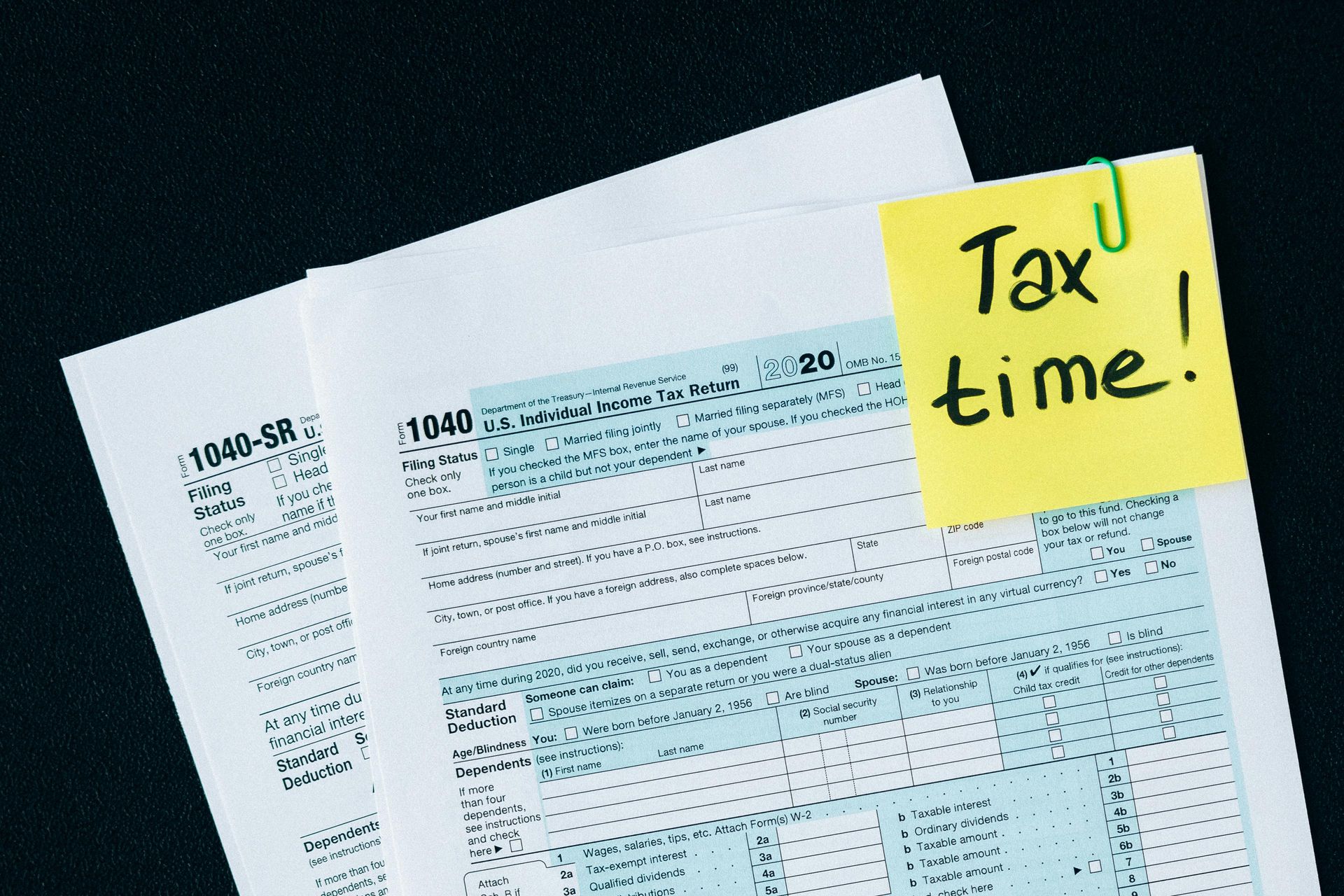Top 10 Tax Deductions Small Businesses Overlook
Tax season can be a daunting time for small business owners. Between running daily operations and managing employees, it is easy to overlook valuable tax deductions that could significantly reduce your tax liability. Every dollar counts in the world of small business, and missing out on deductions means leaving money on the table.
At ABC CPA Group, we work with hundreds of small business clients each year and consistently find that many miss out on legitimate deductions simply because they are unaware or unsure of how to claim them. This comprehensive guide highlights the top 10 tax deductions small businesses often overlook, ensuring you are not one of them.
1. Home Office Deduction
One of the most misunderstood and underutilized tax deductions is the home office deduction. Many small business owners assume it is too complicated or worry it will trigger an audit, but if you qualify, it is a perfectly legitimate deduction.
What Qualifies:
- A designated space in your home used
exclusively and
regularly for business.
- Can apply to homeowners or renters.
What You Can Deduct:
- A portion of your rent or mortgage interest.
- Utilities, insurance, repairs, and depreciation (based on the percentage of your home used for business).
Simplified Option:
The IRS also offers a simplified method: $5 per square foot, up to 300 square feet, for a maximum deduction of $1,500.
Pro Tip:
Take photos and measurements to support your claim and keep records of utility bills.
2. Startup and Organizational Costs
Launching a new business involves a variety of initial costs, and many entrepreneurs are unaware that these can be deducted.
Deductible Startup Costs Include:
- Market research
- Travel related to securing suppliers or distributors
- Advertising before launch
- Consultant or legal fees
Deductible Organizational Costs:
- Incorporation or LLC formation fees
- State filing fees
- Legal and accounting services
IRS Rules:
- You can deduct up to
$5,000 in startup and $5,000 in organizational expenses in the first year.
- The remaining costs must be amortized over 15 years.
3. Mileage and Vehicle Expenses
If you use your car for business purposes, you can deduct related expenses. Many small business owners forget to log mileage or assume personal vehicles do not qualify.
Two Deduction Methods:
- Standard Mileage Rate: 67 cents per mile in 2024 (check current IRS rates).
- Actual Expense Method: Includes gas, repairs, maintenance, insurance, and depreciation, allocated by percentage of business use.
Recordkeeping Tip:
Use apps like MileIQ or QuickBooks Self-Employed to automate mileage tracking and maximize accuracy.
4. Business Insurance Premiums
Insurance is a necessary cost of doing business, but it is also a deductible expense that many owners overlook.
Common Deductible Policies:
- General liability
- Property insurance
- Workers’ compensation
- Professional liability (E&O)
- Cyber liability
- Business interruption insurance
If you are a sole proprietor or self-employed, you may also be able to deduct your health insurance premiums under certain conditions.
5. Professional Fees and Subscriptions
From consultants to software subscriptions, many small businesses pay for professional tools and advice but fail to track or deduct them properly.
Deductible Services and Fees:
- Accounting and legal fees
- Marketing consultants
- Business coaching
- Online tools like Canva, Adobe Creative Suite, or CRM systems
- Industry-specific software like inventory or POS systems
Membership Dues:
Professional association dues, subscriptions to trade journals, and industry publications are all deductible as long as they are directly related to your business.
6. Education and Training Expenses
Continuing education is a smart investment in your business, and it can also qualify as a tax deduction.
What Qualifies:
- Courses, seminars, or workshops that improve skills related to your current business.
- Online classes, certifications, or licensing exams.
- Books, training manuals, or course materials.
Important Note:
The education must maintain or improve skills required in your business—not prepare you for a new field.
7. Utilities and Internet Expenses
If you operate out of a home or have a commercial space, you may be eligible to deduct utilities used for business purposes.
Common Deductible Utilities:
- Electricity
- Water
- Gas
- Trash and recycling
- Internet service
- Telephone (business portion only)
Internet Deduction Tip:
If you work from home, deduct only the percentage of your internet used for business. Keep detailed logs or bandwidth reports if audited.
8. Bad Debts
If your business extends credit to customers and you are unable to collect the money owed, you may be able to claim a bad debt deduction.
Types of Deductible Bad Debts:
- Unpaid invoices
- Loans to clients, suppliers, or employees that have gone unpaid
- Advances to employees or vendors that were not repaid
IRS Criteria:
The debt must be previously included in your income and now be wholly or partially uncollectible. Documentation is critical.
9. Depreciation of Assets
If your business purchases equipment, vehicles, or property that has a useful life of more than one year, you may be able to deduct the cost over time through depreciation.
Examples:
- Computers and office equipment
- Machinery and tools
- Business vehicles
- Furniture
- Leasehold improvements
Special Expensing Options:
- Section 179 Deduction: Allows you to deduct the full purchase price of qualifying equipment in the year it was placed in service (up to certain limits).
- Bonus Depreciation: Allows for a significant immediate deduction, especially useful for new purchases.
Depreciation is complex and often missed or underclaimed by DIY filers. Consult a tax professional to optimize depreciation strategies.
10. Meals and Entertainment (Within Limits)
While the IRS has limited deductions in this category in recent years, certain business-related meals are still deductible.
What You Can Deduct:
- 50 percent of meals with clients, prospects, or vendors if business is discussed
- 50 percent of employee meals during business travel or meetings
- 100 percent of meals provided for company-wide events or training
- Office snacks, coffee, and refreshments for staff
Non-Deductible Items:
- Most entertainment costs (e.g., concert tickets or sporting events) are no longer deductible.
Documentation Tip:
Keep receipts, note the business purpose, attendees, and discussion topics. Use an expense tracker or app to organize your records.
Bonus: Other Frequently Missed Deductions
While the top ten cover the major categories, here are a few bonus items small business owners should be aware of:
- Bank Fees and Merchant Processing Charges
Includes monthly account fees, PayPal, Stripe, and credit card transaction costs. - Advertising and Marketing
From business cards to social media ad campaigns, most marketing costs are fully deductible. - Childcare Credit for Business Owners
Some businesses that provide on-site childcare or reimburse employees for care expenses may qualify for a credit. - Retirement Plan Contributions
Contributions to SEP IRAs, Solo 401(k)s, or other qualified plans for business owners and employees are deductible and help build long-term financial security.
Final Tips to Maximize Deductions
1. Keep Meticulous Records
Good documentation is your best defense in the event of an audit. Use cloud-based bookkeeping software and maintain digital copies of all receipts, invoices, and expense logs.
2. Separate Personal and Business Finances
Maintain separate checking accounts and credit cards for your business. This simplifies tracking and ensures that you do not miss deductible expenses.
3. Work With a Tax Professional
DIY tax software may miss valuable deductions. A CPA can help you identify missed opportunities, interpret complex tax laws, and provide strategic advice.
4. Schedule Mid-Year Tax Reviews
Waiting until April to think about taxes is too late. Schedule reviews with your CPA throughout the year to adjust estimates, plan purchases, and implement strategies before deadlines.
How ABC CPA Group Can Help
At ABC CPA Group, we specialize in helping small businesses reduce their tax burden while staying fully compliant with IRS regulations. Our team of experienced tax professionals will:
- Analyze your current financials to uncover missed deductions
- Help you document and support all claims with proper records
- Guide you in implementing smart tax strategies tailored to your industry
- Prepare accurate, audit-ready tax returns
- Provide ongoing support year-round—not just at tax time
Whether you are a sole proprietor, LLC, or S-Corporation, we are here to ensure your business keeps more of what it earns.
Conclusion
Tax deductions are one of the most powerful tools small business owners can use to improve profitability and free up resources for growth. Yet many continue to overlook opportunities simply due to a lack of awareness or guidance.
By staying informed and working with a trusted CPA, you can ensure your business takes advantage of every tax benefit available. The deductions listed in this guide could add up to thousands of dollars in tax savings.
Let ABC CPA Group be your partner in financial clarity and tax efficiency. Contact us today for a free consultation and discover how we can help your business thrive.



